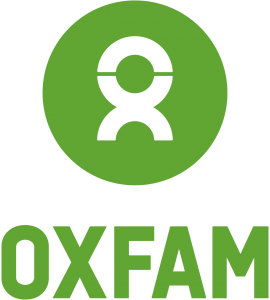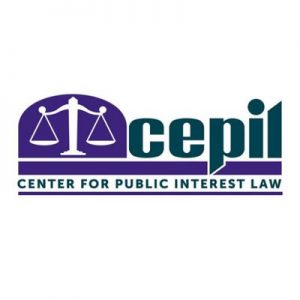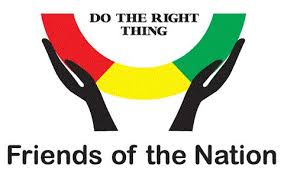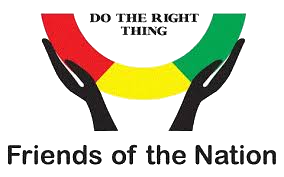Promoting Leadership, Accountability and Transparency for Resource Management (2017-2019)
Background
The proverbial “paradox of plenty” has played into an oil-rich country like Ghana and depicts a relatively slow progress for resource governance –particularly revenue management, Environment and investment. The country earns substantial amounts of revenue from the exploitation of natural resources like oil and gas. These resources are essential for the socio-economic development and critical for poverty reduction in the long-run. It therefore rests on the bosom of government to pursue programmes and initiatives that would derive maximum benefits from these. But simple as it is, there are often real issues that challenge this. Oil prices for instance have slumped over the past few years and benchmark and expected revenues have often adjusted on the low side. Grim economic circumstances owing to a relatively high debt stock (about 70% of GDP) mires Ghana’s economy in a not-so-enviable state. These issues have gained currency both at the national level and the local level on two main strands: slow traction in civil society’s response to exploration activities –in the western region and quite recently, Voltaian basin –and their potential social and environmental cost. The other one: social accountability, seen in respect of community capacity to drive and shape natural resource governance; public fund management and bottom-up development planning across the country. En bloc, these remain an engagement gap in the demand for accountability. Similarly, over the past few years a relatively new and unfolding environmental challenge has presented itself. Ghana’s first onshore exploration is ongoing on an area spanning over two-thirds of its land size. The potential danger for environmental damage and destruction is therefore a topical issue that needs attention. This is needed the sooner; the better but even more important is the need to mobilise, equip and draw experiences from oil communities outside the basin as leverage to share experiences and mistakes from other communities. This would thus require an inter-community sharing mechanism –though non-existent – to literally handhold civil society in frontier communities.
Objectives
- To deepen the spaces for dialogue and distilling issues on natural resources governance through local government –community initiatives
- To build capacity of women on the linkages between gender and extractives focusing on community and property rights, as well as environmental management
- To increase access to oil funded project information at sub national level
- To promote Private sector- CSO- Academia discourse and solutions for petroleum and environmental governance
- To deepen knowledge exchange on offshore and onshore petroleum operations
Results
- Improved capacity of 30 CEMAG members to actively participate and influence planning and budgeting leading to better allocation of resources to improve living conditions.
- Enhanced knowledge and understanding of 120 CEMAG members on the Basic laws on oil & gas governance and environmental management to leading to better engagement with government and international oil companies to address social and environmental challenges in the petroleum industry.
- Increased knowledge and understanding of 60 queen mothers and women entrepreneurs on advocacy and community engagement skills to better engage with the Petroleum Commissions to demand increased women’s participation in the local content and local participation value in the petroleum industry.
- Improved knowledge and understanding of 60 queen mothers and women entrepreneurs land administration and property rights to enhance women’s documentation of land and properties.
- Enhanced engagement between private sector- CSO- Academia discourse to influence the review od the National Oil Spill Contingency Plan and stakeholder participation and feedback in Environmental and Social Impact Assessment processes
- Better understanding of the best practices and challenges in onshore and offshore Petroleum production among 20 community leaders in the Western and Volta regions to influence improved management of Ghana’s petroleum resources.
- Better understanding of the best practices and challenges in onshore and offshore Petroleum production shared among 25 government, civil society and the media from Ghana and Tanzania to influence improved management of petroleum resources in both countries.
Partners:
 NORAD,
NORAD, 

